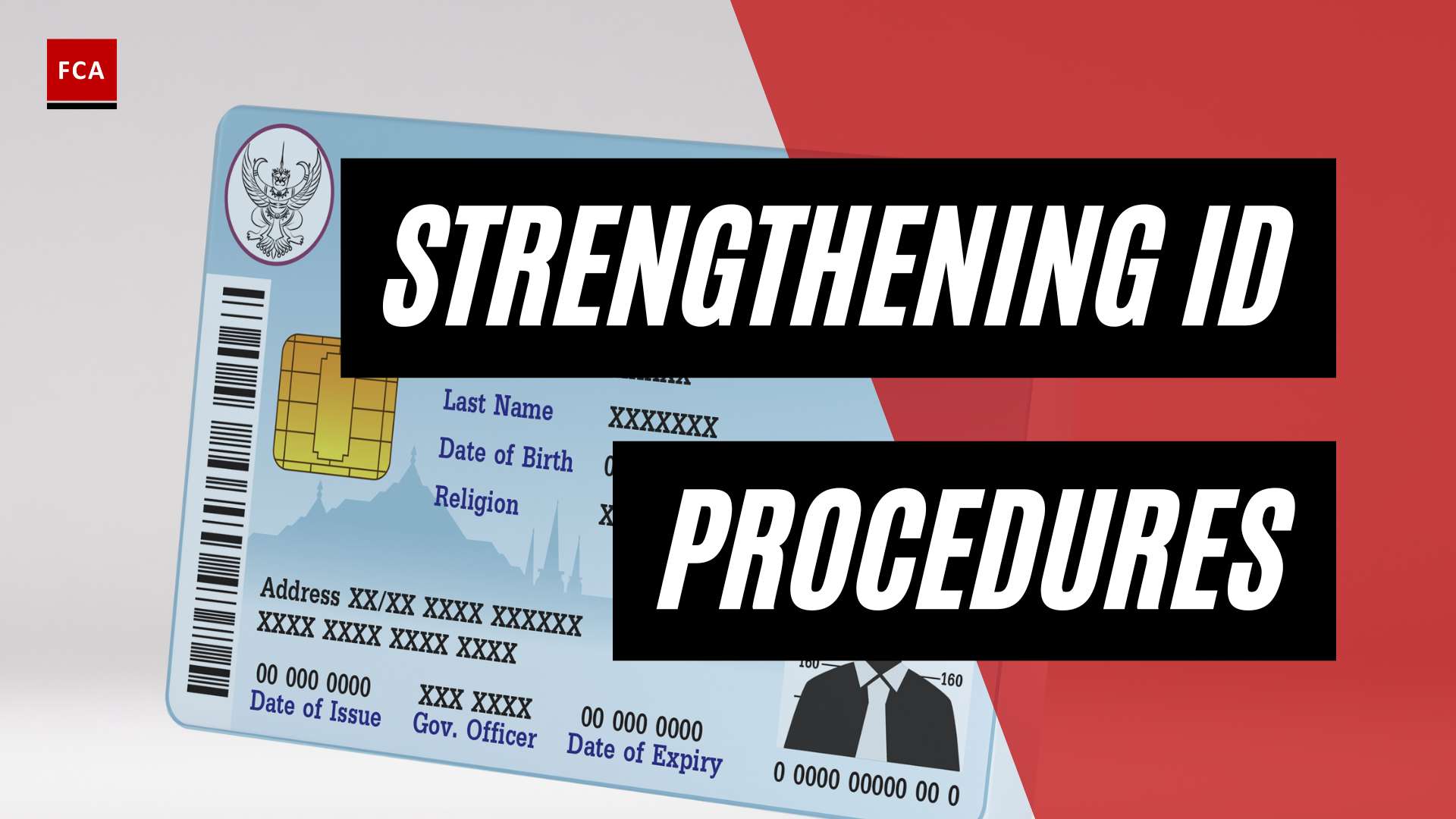One of the keys to effective writing is to know who will be reading what you have written. When you understand your audience, you can make better decisions about what information to include, how to arrange it, and how much detail you need to go into to ensure that your reader understands what you’re presenting.

Keys to Effective Writing: Know Your SAR Audience
To understand your Suspicious Activity Reports or SAR audience, it is critical to first comprehend your readers’ difficulties. First, what is SAR? When there is a suspected case of money laundering or fraud, financial institutions and those associated with their business must file a SAR with the Financial Crimes Enforcement Network or FinCEN. These reports are tools for monitoring any activity in the finance-related industries that is deemed unusual, a precursor to illegal activity, or may endanger public safety. The SAR you write will become one of the millions that have already been filed with FinCEN.
Based on research, SAR filings from 1996 grew dramatically after the US Patriot Act became law in 2001. From January 1, 2013, to June 30, 2017, encompassing FinCEN’s new electronic filing process and standardized SAR form for all institutions, approximately 7.6 million SARs were filed. SARs are filed by more than 80,000 financial institutions, including financial institutions, money service businesses, broker-dealers, and other entities subject to Anti Money Laundering or AML rules.
For the European Union, Germany is a much smaller country and global banking hub than the US, so the number of SARs is significantly smaller. The number of SARs is increasing enormously. In 2016 there is a huge increase in Germany with over 40,000 SARs. An increase of over 33%. For 2017 the number is expected to hit the mark of 50,000 SARs. The same is applicable all over the European Union and other jurisdictions where SAR numbers are increasing.

The various Financial Intelligence Unit or FIUs’ SAR review teams have the task of reading every SAR, but the higher the volume of SARs they must read, the more likely they will skim over the SAR. So, the challenge as a financial crime professional is making law enforcement agencies and SAR analysts want to read your SAR.
Furthermore, a well-written SAR benefits FIUs and law enforcement, as well as your coworkers and institution. A well-written SAR can serve as a guidepost for subsequent account reviews. It can assist future reviewers in identifying problematic activity and improving efficiency. It can assist you in identifying related suspicious accounts as well as explaining how your institution was used for suspicious activity.
Final Thoughts
A well-written SAR can assist your institution’s internal FIU in identifying emerging trends, identifying financial institution products that are being abused for money laundering purposes, and assisting in identifying your institution’s risk of exposure to suspicious activity. Your well-written SARs assist auditors and examiners in certifying that your institution’s Bank Secrecy Act or BSA program is up to date, which pleases your bosses, regulators, and shareholders.








